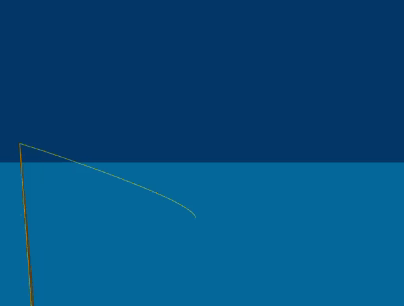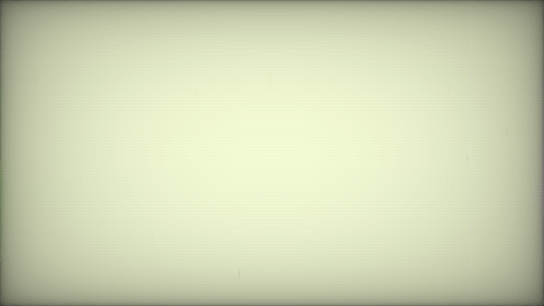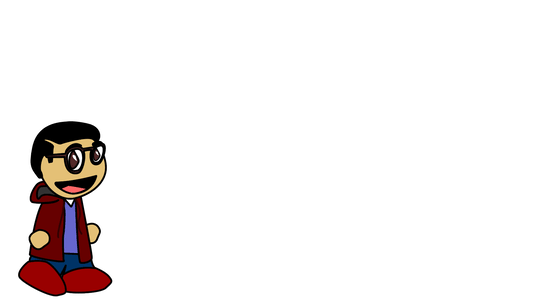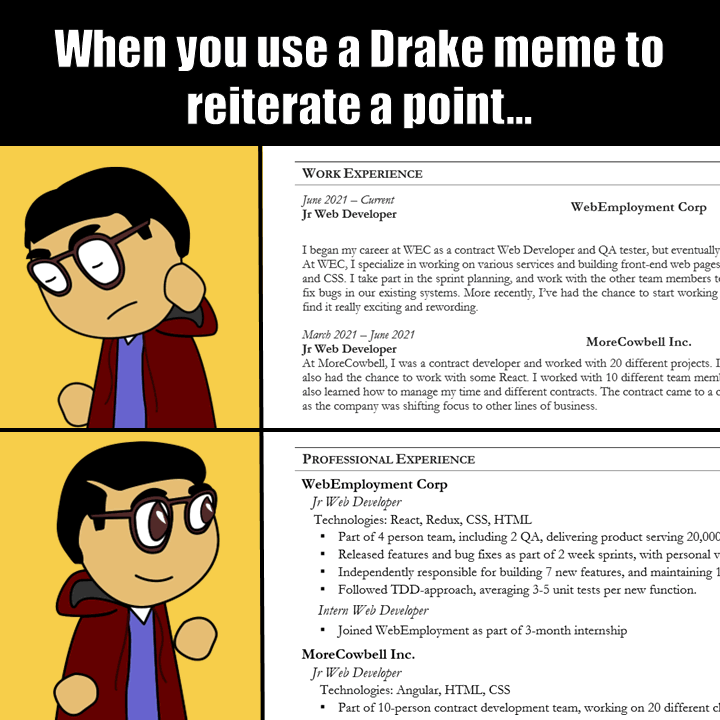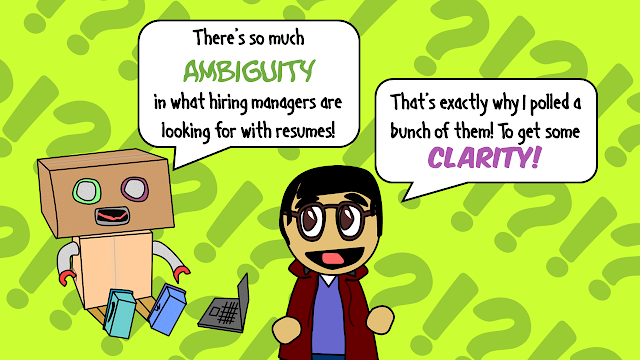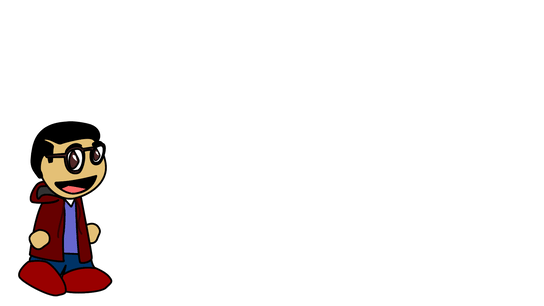Salary & Sacrifices
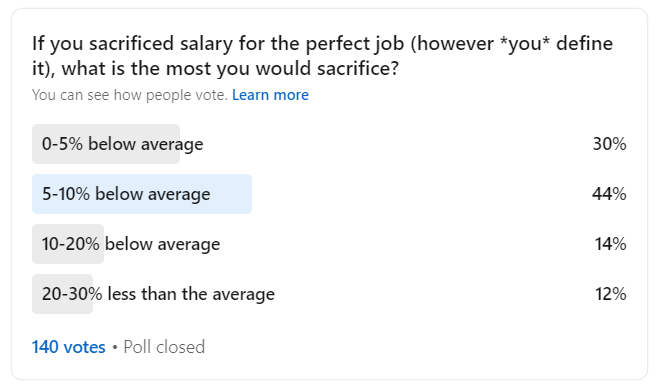
I put a (rather unscientific) poll out on LinkedIn. And while any social network poll should be taken with a grain of salt, I still think the results are still worth some reflection. The question also came with additional context: "For the perfect job, as you define it, how much salary would you sacrifice? Since this is a hypothetical, let's assume everything is proportional to the #perks you seek. For example, if you want 100% remote for a 10% pay cut, the average #salary gets only 50% #remote, and 10% raise means in office full time." So there's number of things that are wrong with the poll: for one, it leaves out the population of people who wouldn't take a pay cut at all, or those who would sacrifice perks for more money. It also doesn't factor actual roles, industries, salary levels, and whether people are part of a dual income relationship/non-primary earner. There's also the simple fact that it's easier to answer a poll than it is to sign an of...
